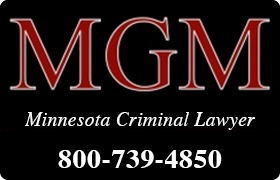Ramsey County, MN DUI-DWI Lawyers
Sponsored Law Firm
-
 x
x

Click For More Info:
-
MGM Law Office
11436 Marketplace Drive North, #322 Champlin, MN 55316 » view mapCriminal Defense, DUI, Expungement, more... Helping Clients Manage Risk | Call Now
MGM Law Office is prepared to understand the unique facts of your case and assist you in your defense. We can assist you with all of your criminal defense matters.
800-739-4850  Michael Martin Champlin, MN
Michael Martin Champlin, MNAttorney At Law - Minnesota
William Mitchell College of Law, 2009
 Case Results
Case ResultsMGM Law Office assists clients with personal, detailed attention to understand your unique situation.
Christopher Jay Cadem
For more than a decade, Chris Cadem has concentrated his practice on litigation matters in both criminal and civil cases in State and Federal Court. H... (more)
FREE CONSULTATION
CONTACTFREE CONSULTATION
CONTACTJennifer Rose Congdon
FREE CONSULTATION
CONTACTFREE CONSULTATION
CONTACT

 Michael Martin Champlin, MN
Michael Martin Champlin, MN Case Results
Case Results

